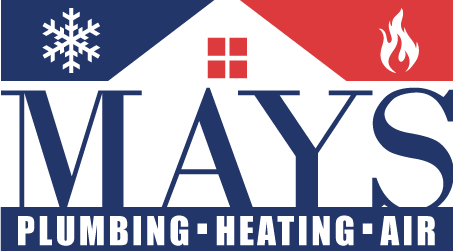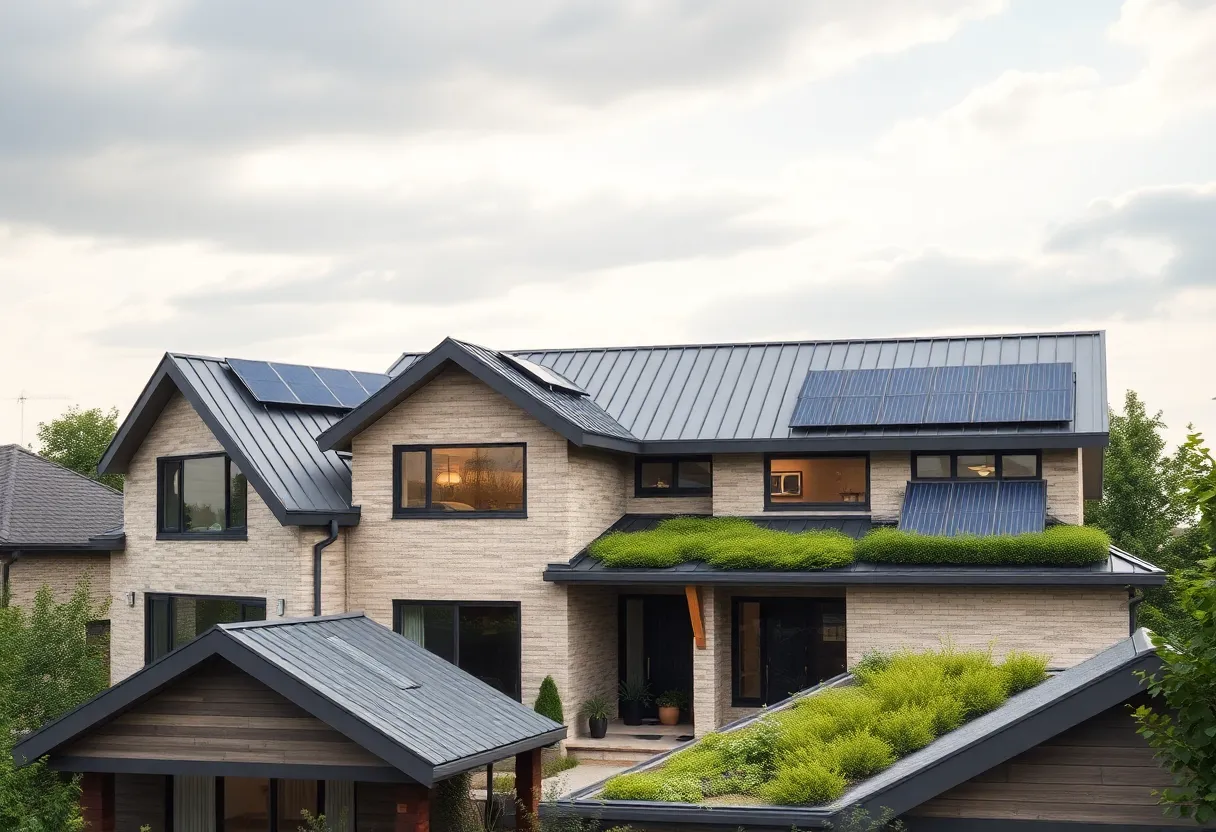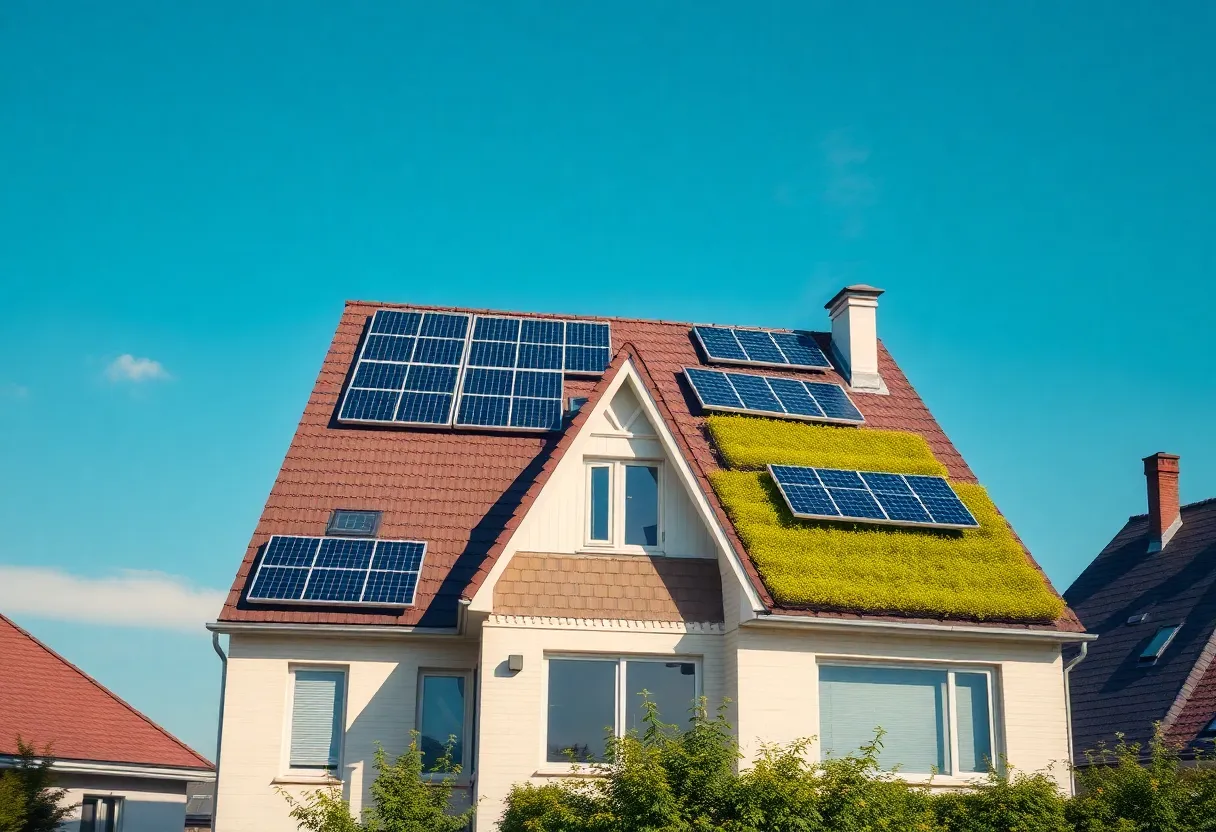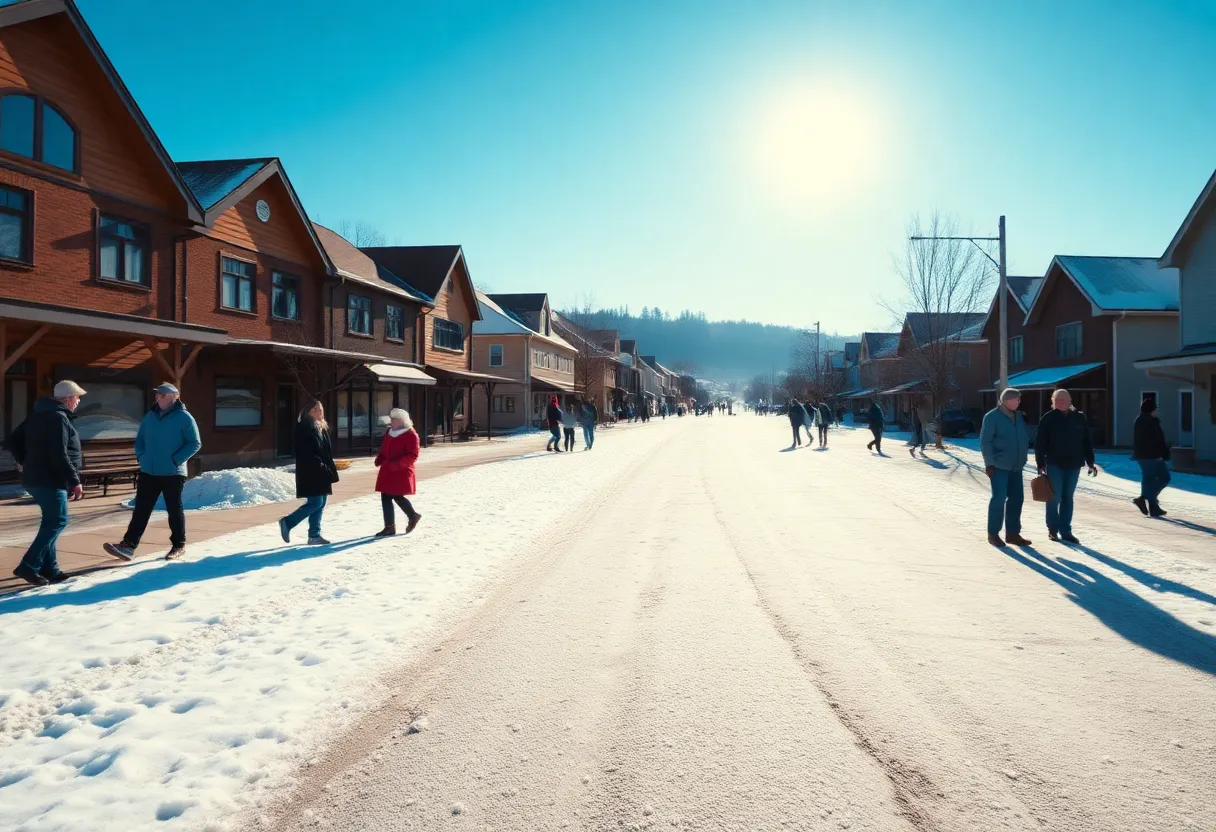How to Choose the Best Roof System for Your Sustainable Home
When designing or renovating a sustainable home, choosing the right roof system is crucial. A roof impacts energy efficiency, aesthetic appeal, and overall sustainability. Understanding your options is essential to make an informed and beneficial choice. This guide explores various roofing systems, their advantages, disadvantages, and considerations for sustainability.
Understanding Sustainable Roofing Options
Sustainable roofing does more than just protect a home from the elements. It plays a significant role in environmental impact, energy consumption, and resource management. Here are key types of sustainable roofing systems to consider:
Metal Roofing
Metal roofing is renowned for its durability and longevity. It often consists of aluminum, steel, or copper, making it resistant to harsh weather and pests.
- Energy Efficiency: Reflective properties can reduce heat absorption, lowering cooling costs.
- Recyclability: At the end of its life cycle, metal roofing is highly recyclable, minimizing landfill waste.
- Longevity: Typically lasts 40-70 years, reducing the need for frequent replacements.
However, it can be more expensive upfront compared to traditional materials.
Solar Roof Systems
Solar roof systems integrate photovoltaic (PV) panels into roofing materials. They are great for achieving energy independence.
- Energy Production: Generate renewable energy, which can offset electricity bills.
- Increased Home Value: Homes with solar roofs often see increased market value.
- Environmental Benefits: Reduce reliance on fossil fuels.
While initial costs can be high, various incentives can offset expenses.
Green Roofs
Green roofs involve growing vegetation on rooftops, leading to numerous environmental and aesthetic benefits.
- Insulation: Provide natural insulation, reducing heating and cooling costs.
- Stormwater Management: Absorb rainwater, mitigating runoff and reducing flooding risk.
- Biodiversity: Support local flora and fauna, enhancing urban ecosystems.
Maintenance can be a downside, as green roofs require regular upkeep.
Asphalt Shingles
Asphalt shingles are traditional roofing materials that have evolved with sustainable practices. Select eco-friendly asphalt shingles made from recycled materials.
- Cost-Effectiveness: Lower initial costs compared to other roofing options.
- Diversity: Available in various colors and styles, enhancing aesthetic flexibility.
- Recyclability: Many asphalt shingles can be recycled, minimizing waste.
However, lifespan is typically shorter than that of metal or solar roofs, ranging from 15-30 years.
Factors to Consider When Choosing a Roofing System
Selecting the best roof system for your sustainable home requires careful consideration of several factors:
Climate and Location
The local climate significantly influences roofing performance. Understand the weather patterns in your area before making a decision.
- Temperature: Hot climates may benefit from reflective roofs, while cold regions require good insulation.
- Precipitation: Areas prone to heavy snow should consider durable materials resistant to snow accumulation.
Budget Considerations
Your budget will heavily influence your choice. Sustainable options may have higher initial costs, but they could lead to long-term savings through lower utility bills.
- Installation Costs: Factor in both materials and labor for installation.
- Long-term Savings: Consider energy savings and potential home value increase over time.
Local Building Codes and Regulations
Check local building codes or regulations governing roofing materials and practices. This ensures compliance and may open opportunities for incentives.
- Zoning Laws: Ensure your chosen roofing system meets local zoning requirements.
- Permits: Some roofing systems may require permits for installation.
Integration with Other Systems
Consider how your roof will integrate with other sustainable systems. For example, solar roofs should align with your overall energy strategy.
- HVAC Systems: Ensure compatibility to maximize efficiency.
- Water Collection: Green roofs can work with rainwater harvesting systems.
Assessing Environmental Impact
When evaluating potential roofing systems, consider their overall environmental impact:
Energy Consumption
Assess how each roof type contributes to energy consumption. Choose materials that reduce heating or cooling costs, lowering energy bills and carbon footprint.
Resource Use
Analyze the resources required for production and installation. Opt for materials with lower ecological footprints, such as those made from recycled resources.
Waste Management
Consider the waste produced during installation and end-of-life disposal. Materials that are recyclable or compostable help minimize landfill contributions.
Conclusion
Choosing the right roof system for your sustainable home involves a thoughtful evaluation of various materials, their benefits and drawbacks, and integration with the home’s overall environmental strategy. Given the significant impact that roofing can have on both energy efficiency and aesthetic value, home builders and renovators should invest the necessary time and resources into making an informed decision. As the movement towards sustainability grows, selecting a roofing system aligned with sustainable practices will contribute positively to both the environment and your living space.
Author: STAFF HERE NEWBERRY
The NEWBERRY STAFF WRITER represents the experienced team at HERENewberry.com, your go-to source for actionable local news and information in Newberry, Newberry County, and beyond. Specializing in "news you can use," we cover essential topics like product reviews for personal and business needs, local business directories, politics, real estate trends, neighborhood insights, and state news affecting the area—with deep expertise drawn from years of dedicated reporting and strong community input, including local press releases and business updates. We deliver top reporting on high-value events such as the Newberry Opera House performances, Newberry Arts Fest, and the Newberry County Fair. Our coverage extends to key organizations like the Newberry County Chamber of Commerce and the Newberry Museum, plus leading businesses in manufacturing and agriculture that power the local economy such as Amick Farms and Newberry Mills. As part of the broader HERE network, including HEREAiken.com, HEREBeaufort.com, HEREChapin.com, HERECharleston.com, HEREClinton.com, HEREColumbia.com, HEREGeorgetown.com, HEREGreenwood.com, HEREGreenville.com, HEREHiltonHead.com, HEREIrmo.com, HEREMyrtleBeach.com, HERENewberry.com, HERERockHill.com, and HERESpartanburg.com, we provide comprehensive, credible insights into South Carolina's dynamic landscape.




 Mays Contracting
Mays Contracting

